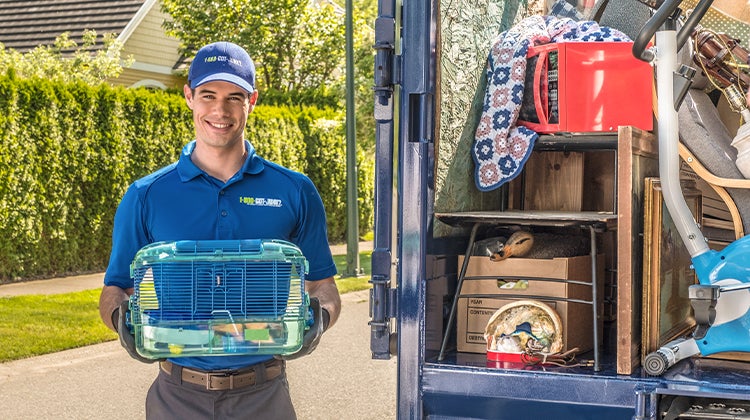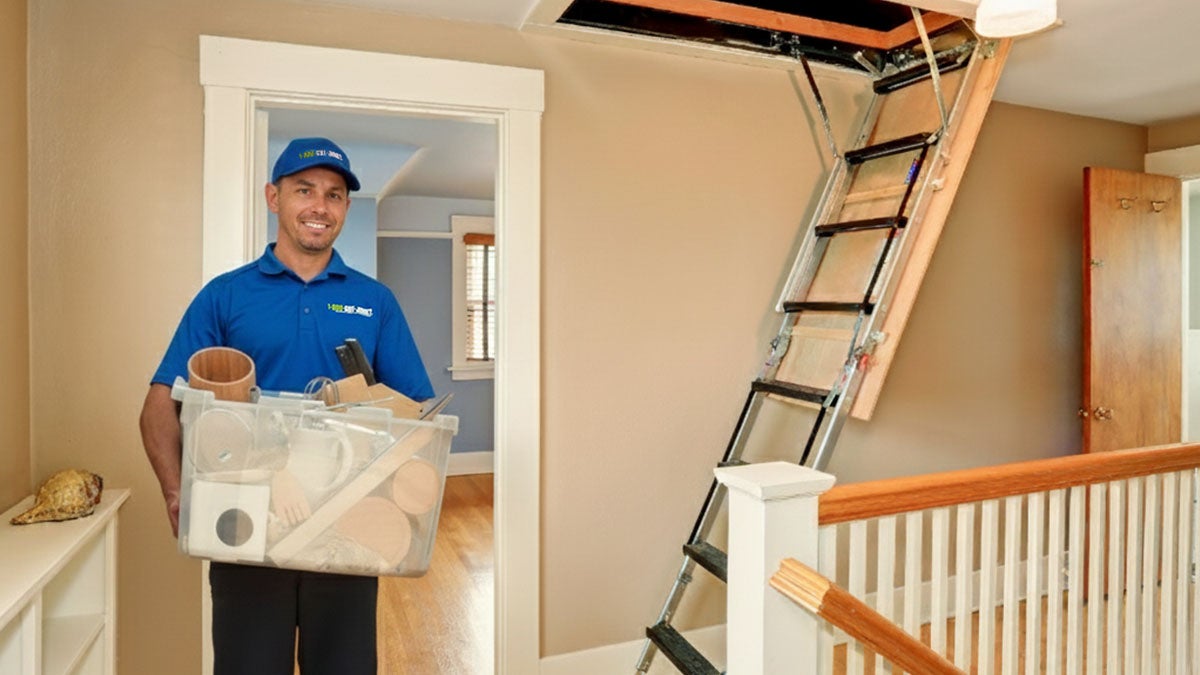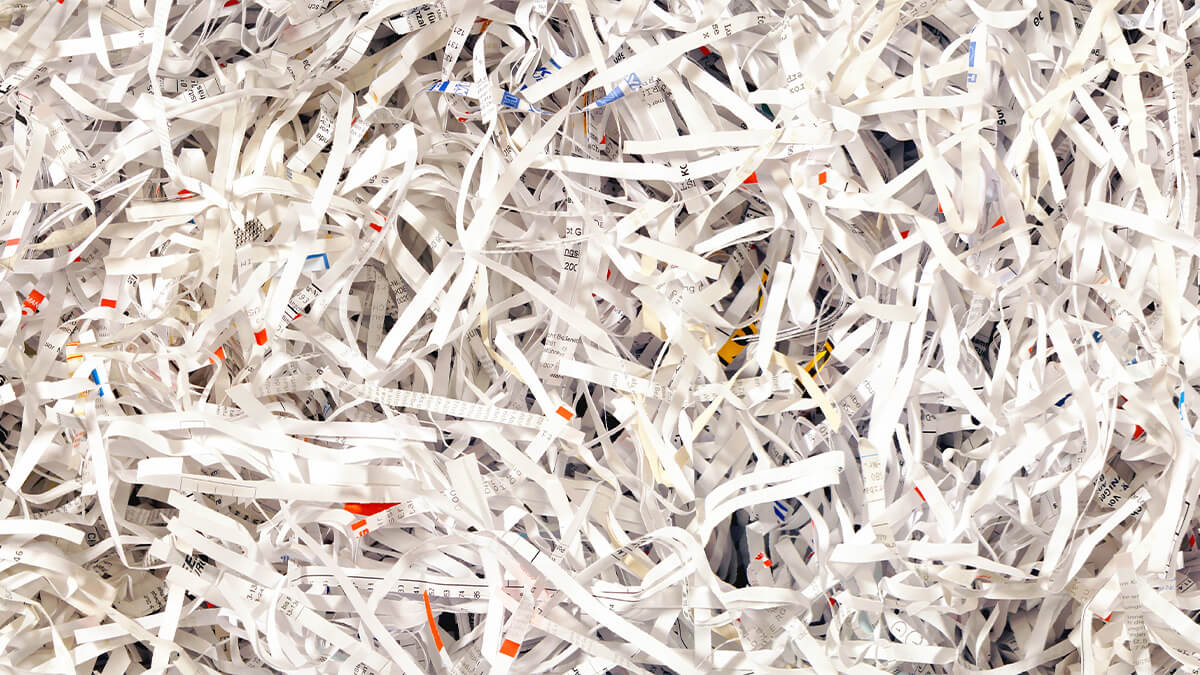Taxidermy, the art of preserving and mounting animals, has a long history and cultural significance. If you have taxidermy as a trophy from a successful hunt, it may take a place of honor in your home. However, there may come a time when you need to part with old or unwanted taxidermy items.
Whether it's due to changing preferences, ethical concerns, or space constraints, disposing of taxidermy requires careful consideration to ensure you adhere to regulations and ethical standards. Here’s a look at the things you need to think about to responsibly and legally dispose of old taxidermy items.
Understand local laws and regulations
Before taking any steps toward disposal, it's crucial to thoroughly research the laws and regulations that pertain to taxidermy items in your area. This can vary widely depending on your location and the specific species involved.
You should contact local wildlife authorities, such as a wildlife management agency or department. They can provide information about the legal aspects of owning, selling, or disposing of taxidermy items. Most taxidermy is perfectly legal, so long as the animals were not obtained illegally or are not protected.
If the laws are complex or you're unsure about how they apply to your situation, consider consulting legal experts with knowledge of wildlife regulations and environmental law. They can provide guidance tailored to your circumstances.
Explore ethical options
Rather than immediately discarding taxidermy items, consider ethical alternatives that allow you to preserve their value for education and appreciation.
Many museums, schools, and educational programs use taxidermy for educational purposes. Contact local museums or schools about potential donations. Your items could contribute to educational exhibits and programs, ensuring that their historical and scientific value is preserved.
Some wildlife rehabilitation centers also use taxidermy items for educational outreach. These centers might appreciate donations of taxidermy specimens to help educate the public about local wildlife and conservation efforts.
Finally, taxidermy students or artisans might be interested in using your items for practice or repurposing components in their work.
Consult taxidermy professionals
Getting advice from experts in the field can help you make informed decisions about your taxidermy items.
Consult a reputable taxidermy professional to assess the condition and potential value of your items. They can help you determine if the items are worth preserving, restoring, or selling. They also can inform you about any legal restrictions associated with your items. They might be familiar with laws about specific species and can guide you on how to proceed legally.
If your items are in poor condition, taxidermy experts might be able to provide insights into potential restoration options. This could allow you to maintain the items' historical and artistic value.
Sell and legally transfer taxidermy
If you decide that selling or transferring your taxidermy items is the best option, it's essential to navigate the process legally and ethically. You can sell taxidermy to buyers near you, such as antique shops, gun stores, and individual buyers.
Gather any documentation related to the taxidermy items, such as provenance, certificates of authenticity, and any permits or licenses that may be required for certain species. Transparent documentation helps establish the legitimacy of the items and their history.
Determine the market value of your items before listing them for sale or transfer. This can help you set a fair price and avoid undervaluing or overpricing them.
Ensure that the species included in your taxidermy items are not protected, endangered, or subject to trade restrictions. If they are, you may need to obtain permits or licenses to legally transfer ownership. Consult local wildlife authorities to ensure compliance.
When selling or transferring, provide accurate descriptions of the taxidermy items, including species, condition, and any restoration work that has been done. Honesty is crucial to maintaining the integrity of the transaction.

Dispose of taxidermy properly
If your taxidermy items are damaged beyond repair, unethical to keep, or you've exhausted all other options, responsible disposal is a must. Here's how to handle the disposal process.
Reach out to taxidermy professionals who may be able to salvage parts of the items. This could include antlers, horns, feathers, or other materials that could be repurposed for other projects. Some taxidermists or wildlife rehabilitators use parts of taxidermy items to aid in the care of living animals. For example, animal shelters might use feathers or fur for bedding in habitats.
If you need to dispose of the items completely, adhere to local waste disposal regulations. Taxidermy items may need to be handled as special waste due to the materials involved. Contact waste management authorities or specialized disposal companies for guidance.
At 1-800-GOT-JUNK?, we can take away any unwanted item you have, including taxidermy. We’ve encountered old mounted deer heads and fish among other weird junk, so we know what to do with them.
By familiarizing yourself with local laws, seeking professional advice, and exploring ethical options, you can ensure that your actions align with regulations and contribute to the responsible stewardship of wildlife and historical artifacts.
Let 1-800-GOT-JUNK? handle your unwanted taxidermy items
Disposing of old and unwanted taxidermy items involves a mix of legal compliance, ethical considerations, and responsible choices. Your best option may be to have a professional take care of it. 1-800-GOT-JUNK? takes many different kinds of junk, so you don’t have to worry about it. You can also check out our blog for more helpful topics.
Book a pickup from your local 1-800-GOT-JUNK? franchise now.






